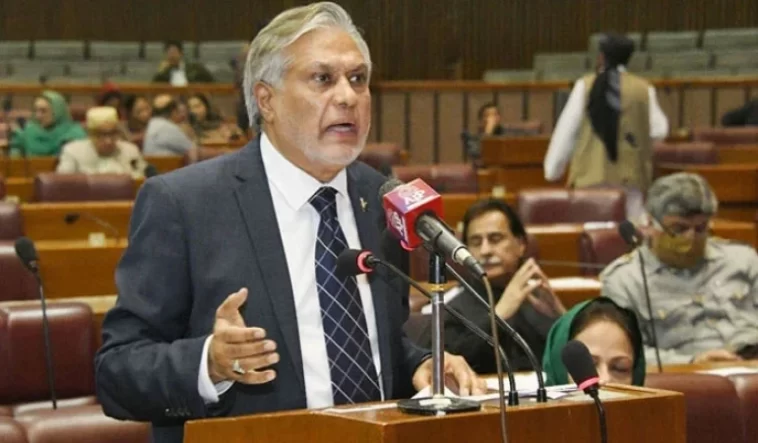The National Assembly on Monday passed the Finance (Supplementary) Bill, 2023, which calls for Rs170 billion in additional taxes and tariffs to be levied in order to comply with the agreement agreed with the IMF for the Extended Fund Facility.
As less than 70 parliamentarians were present when the mini-budget was passed, none of the opposition lawmakers brought up the lack of a quorum in the House. The General Sales Tax will be raised from 17 to 18 percent under the proposed legislation, and the GST on luxury goods will be raised from 17 to 25 percent. It has been suggested that a certain amount of Federal Excise Tax be placed on airfare for first, business, and club classes, with rates ranging from Rs250,000 to Rs75,000 of various tiers in accordance with the International Air Transport Association.
In addition, a 10% withholding adjustable advance tax will be applied on wedding hall payments in an effort to encourage simplicity and austerity. Sugary and aerated drinks will have their Federal Excise Tax hiked, while the price of cement will see an increase from Rs1.5 to Rs2 per kilogramme.
When the debate on the Finance (Supplementary) Bill came to a close, Finance Minister Ishaq Dar stated that while the government was aware of the challenges people were experiencing owing to rising inflation, it was obligated to take drastic action in order to improve the economy.
The National Assembly passed the law after Ishaq Dar, the minister of finance, proposed the adjustments. Also, the Senate Standing Committee advised that the FED rate be set while taking into account the various destinations because doing otherwise would lead to misunderstanding.
For business and club class tickets under tier-1 for Canada, North and South America, there would be a set FED rate of Rs. 250,000. The average cost of a business class or club ticket is between Rs1.8 million and Rs2 million.
The ticket price for Tier-II travel to Europe ranges from Rs. 0.8 to Rs. 1 million. Rs. 150,000 will be charged as the fixed FED rate.
The fixed FED rate for tier-III in the Far East, which includes Australia, New Zealand, and the Pacific Islands, is Rs150,000. Dar claimed that for stick shares traded outside of the stock exchange, a 10% advance withholding tax was applied by the government. He claimed that in order to ensure that this tax was levied on shares that were not traded on stock exchanges, the government was making a technical adjustment. Another modification approved that there would be no change in the brands of tier-1 and tier-II cigarettes with the application of higher FED rates.


